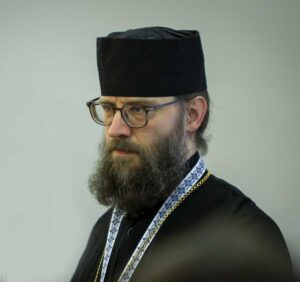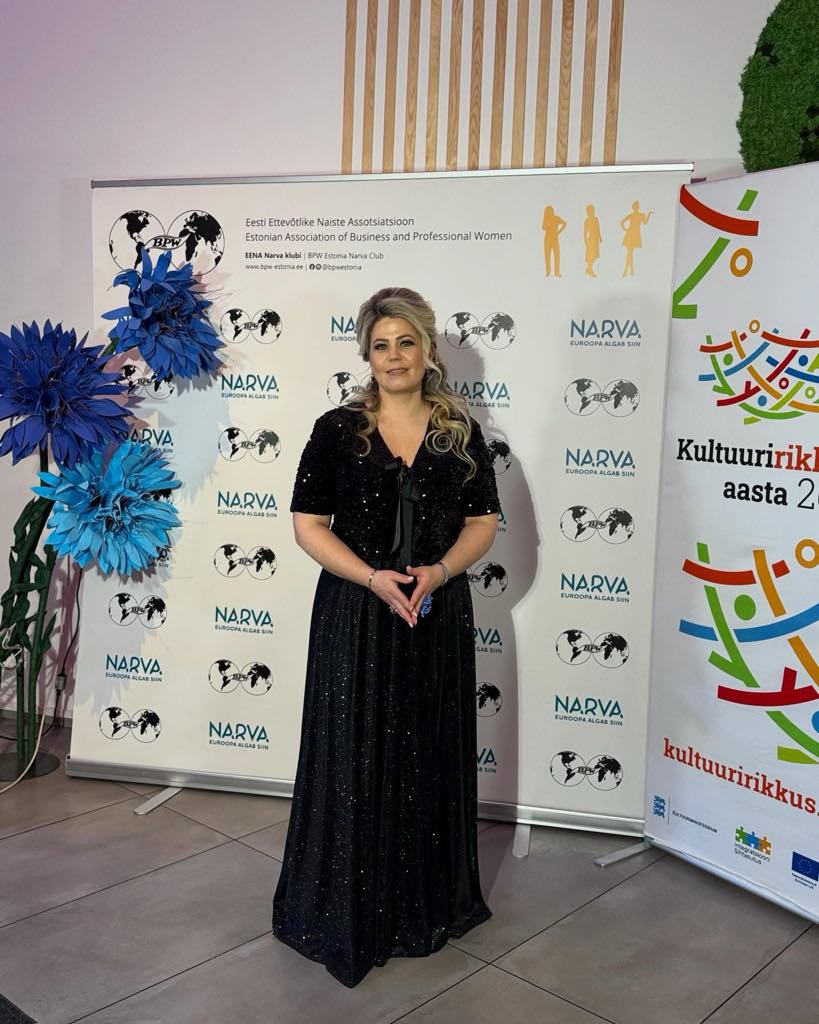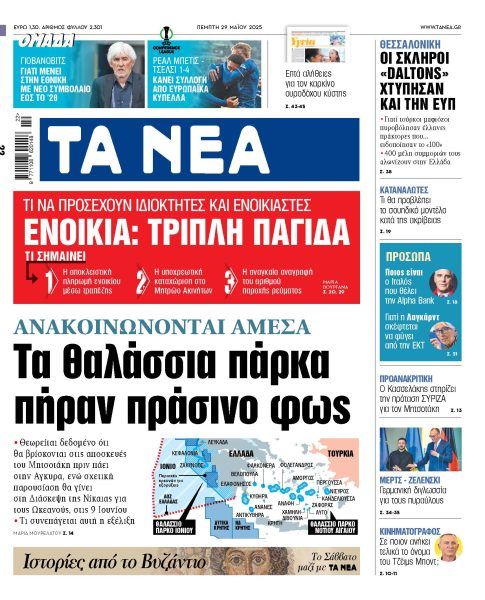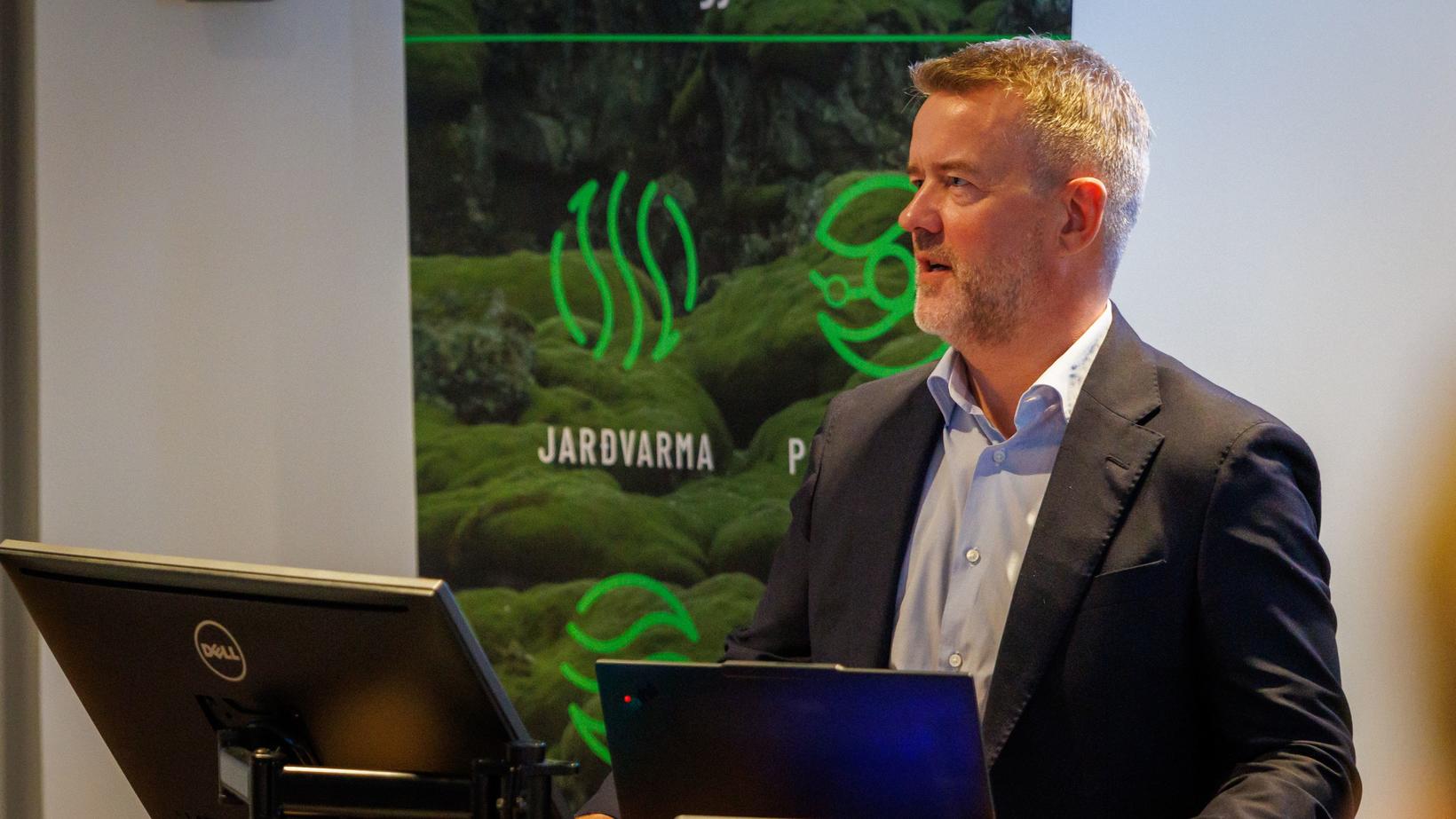Three years of testing EPC MP: look from the inside
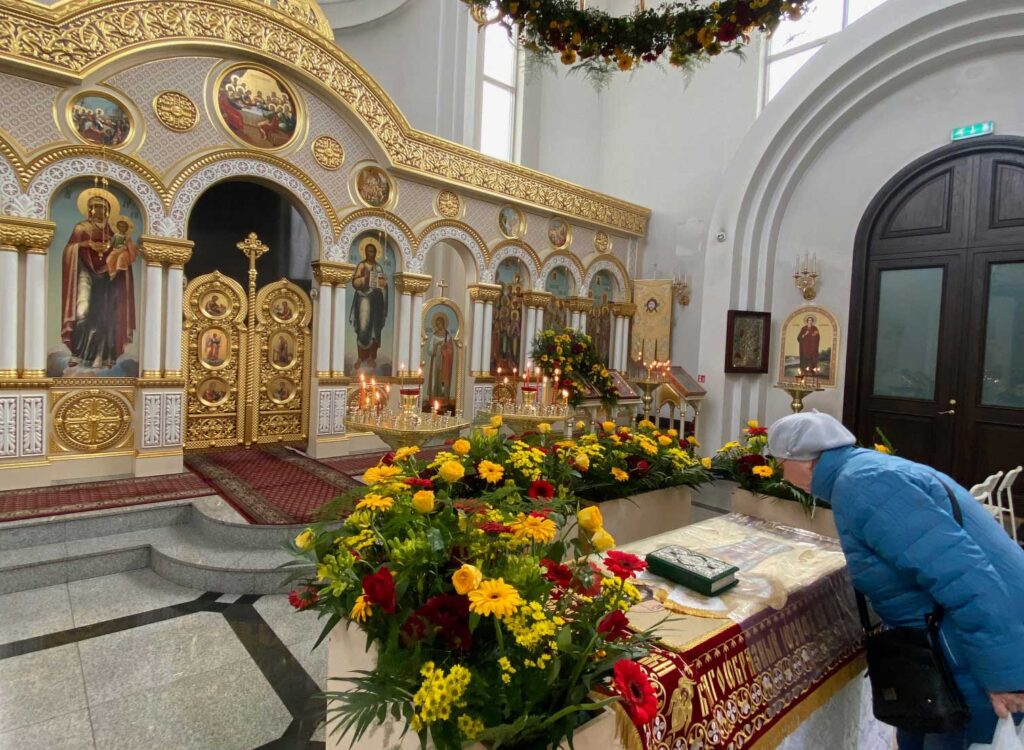
Bishop of Tartusky Daniel,
Vicaria of the Tallinn diocese of EPC MP
Three years ago, on the morning of February 24, I was traveling from Haapsalu to Tallinn, where I met a friend whose face reflected a deep alarm. His relatives at that moment just fled from Ukraine from the war that had begun. For the people of Ukraine, this was the beginning of the war and the related difficult trials.
During the bombing, many temples were damaged and destroyed, people were forced to flee their houses, leaving behind the usual churches and parish communities. The Ukrainian Orthodox Church faced not only the physical destruction of temples and human losses, but also with a crisis in which their religious beliefs and church identity were seriously tested.
For us, the clergy and parishioners of the Estonian Orthodox Church of the Moscow Patriarchate, this also became the beginning of a new, difficult period. Over the years, our church has encountered unprecedented trials. We have repeatedly expressed our anti -war position and actively helped refugees from Ukraine, but, unfortunately, the abbreviation “MP” (Moscow Patriarchate) in our name became a marker that causes more and more pressure on us. In the current political context, a simplified approach prevailed, where everything is divided into black and white, and any connection with Moscow, including a canonical connection with the Moscow Patriarchate, is automatically perceived as a threat, without an attempt to figure out the essence of the issue. Such a simplification does not take into account either the true nature of the church, or the needs of the local community. After all, the church is not just an administrative structure, but primarily the spiritual community, whose members are part of Estonian society.
Our parishioners are local residents, mainly Russian -speaking people for whom Estonia is a home. These are people born, grown up and built their lives here. Now many refugees from Ukraine have joined them. And we all have to deal with an increasing distrust. It manifests itself as in specific actions – we have terminated the lease agreement with us for the church office, insurance companies do not want to work with us or increase prices sharply, we are deprived of the ability to receive financial assistance from the state – in symbolic gestures: when we attempted to change the name, excluding the abbreviation of the MP from it, we were denied; In the temples, we can pray and preach, but from participating in the radio broadcast “Hommikumátisklus” we were silently removed.
“We have the last opportunity to jointly develop a balanced solution that will take into account both aspects of security and the principles of religious freedom.
In May 2024, Riigikogu accepted a statement in which our church and Pyukhtitsky Monastery, as the structures of the Moscow Patriarchate, were collectively declared as accomplices of aggression, while our explanations were not heard, and the position was ignored. This decision served as the basis for subsequent restrictive measures and the creation of negative public perception, which affects the everyday life and activities of our parishes. It is appropriate to bring the words of President Alara Karis at the annual conference on human rights: “Without respect for human rights, there can be no security. When we force us to deviate from human rights, safety is actually receding. ” These words should encourage all of us to think about whether current restrictions and attitude contribute to the achievement of the goals.
Particular anxiety causes the unilateral coverage of the activities of our church dominant in the media space. In public discussions, unreasonable accusations and judgments of people who have no idea either about the real life of our parishes or the very nature of the Church prevail. Those rare bold voices that tried to imagine a more balanced point of view or to stand on our protection drowned in a common media noise or were deliberately drowned out, so that many of our supporters and those who understand us do not dare to publicly express their position, fearing the consequences for their well -being and career in Estonia. This fear can be understood humanly-no one wants to set themselves under blow. But is it normal for a democratic and free society, when people are afraid to openly express their opinion?
Despite the fact that the image of our church in the media and in public space is mainly negative, even now people of different nationalities – Russians, Estonians, Ukrainians and others – come and want to join our church. This is the true freedom of religion – the opportunity to follow the call of your heart in choosing the spiritual path, despite external circumstances. And for the members of the church, this is also freedom to remain in that church, whose members they once became through the sacrament of baptism. When we interviewed the parishes last year, if they would like to change jurisdiction, they received the answer that all parishes want to stay in their current church. In a democratic state, everyone should have the right to follow his conscience and faith without the intervention of the state into this fundamental law.
It is important to note that at the moment our church is in full accordance with the legislation of the Estonian Republic and in accordance with its constitutional order – we have not violated a single current legal norm. Nevertheless, if amendments to the law on churches and parishes are adopted, we will suddenly be outlawed, despite the fact that our actual activity and principles will remain unchanged. A similar legislative approach questions the observance of the principles of the rule of law. Considering that the bill on a change in the law on churches and parishes has not yet passed the second reading to Riigikoga, we have the last opportunity to jointly develop a balanced solution that will take into account both aspects of security and the principles of religious freedom. We are convinced that only an open dialogue and mutual understanding can lead to effective decisions, and not hastily taken restrictive measures and coercion to their implementation.
The Post Three years of testing EPC MP: look from the inside FIRST Appeared on gazeta.ee.

